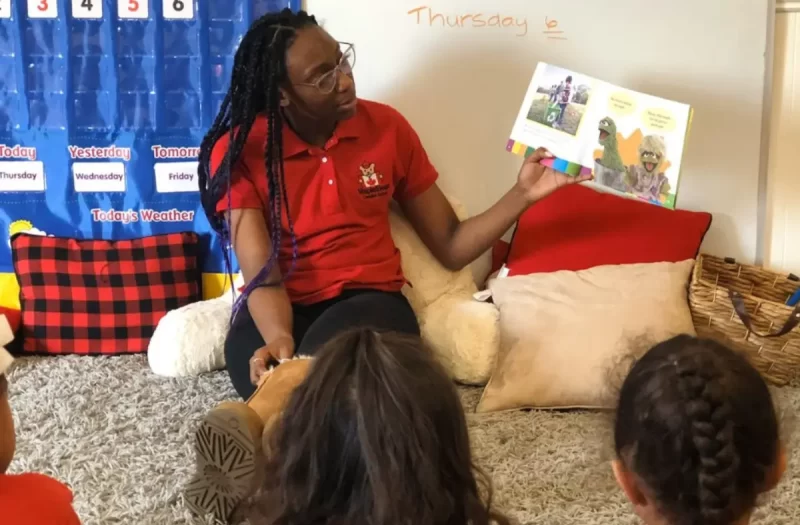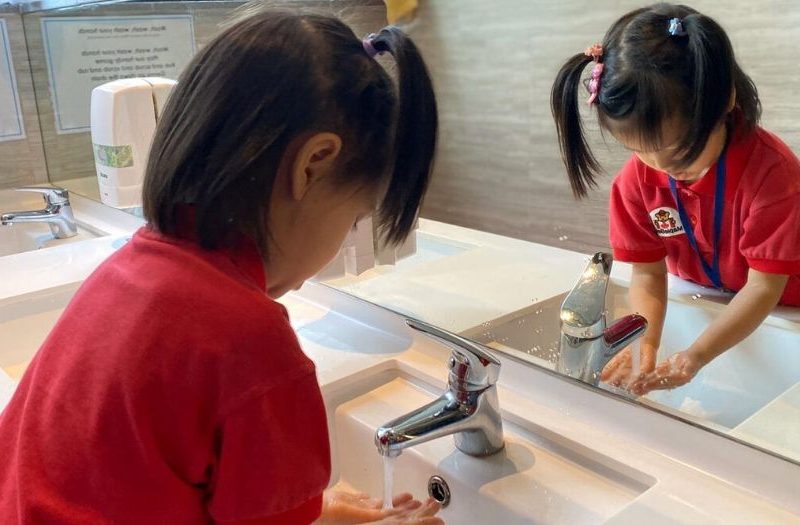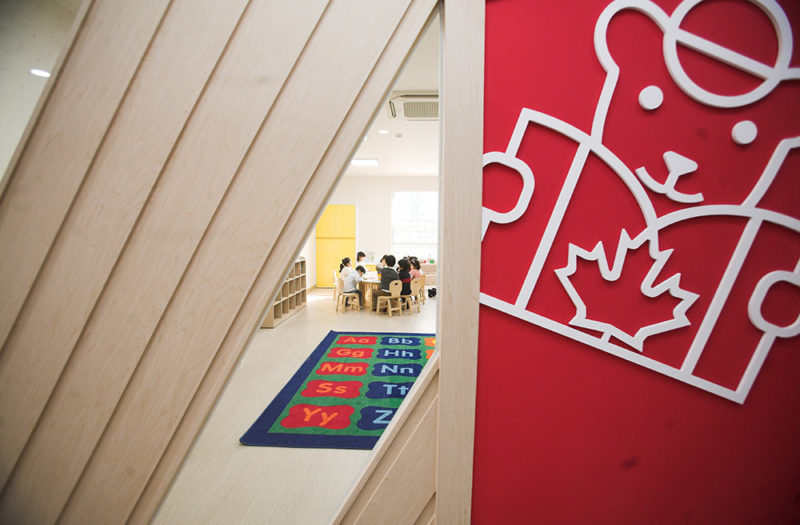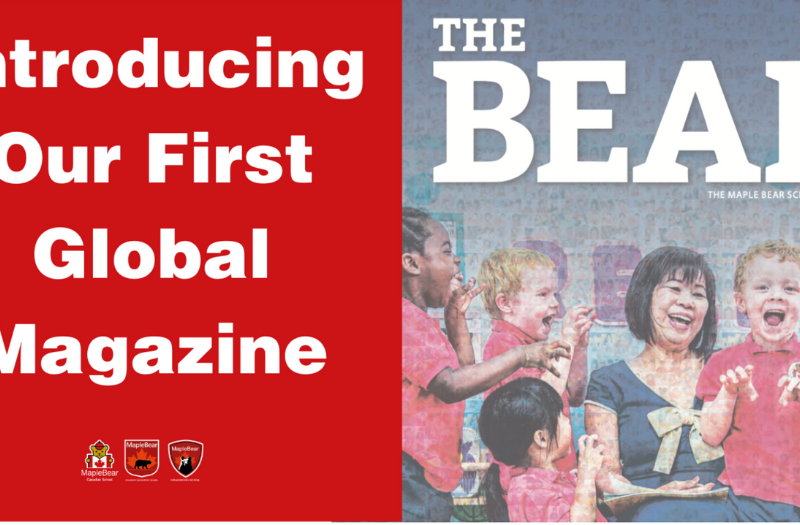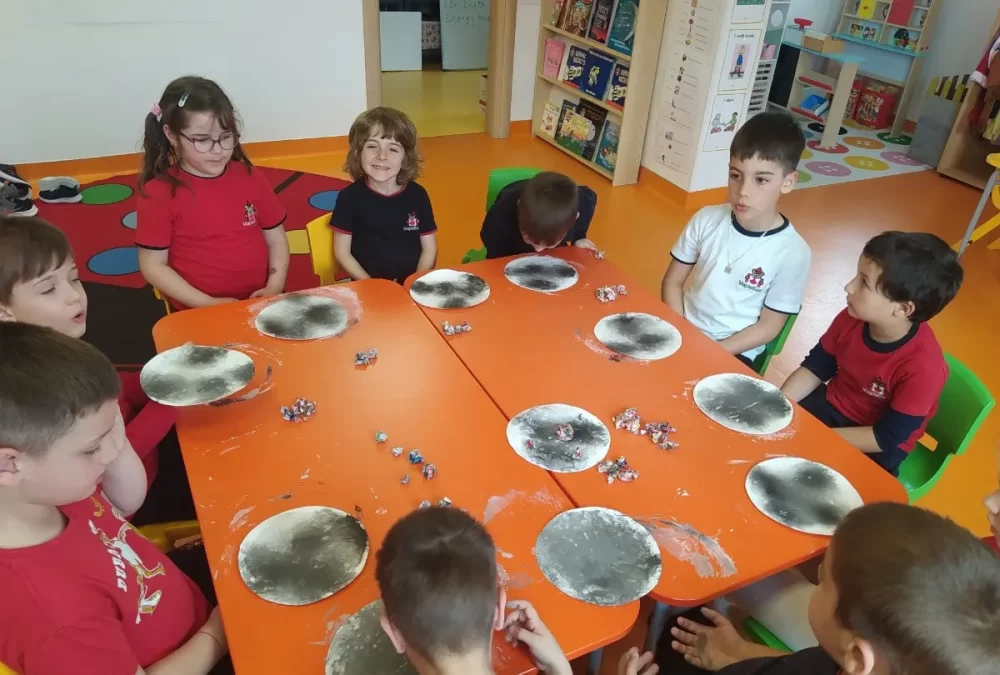
Let’s Take a Look at Early Childhood Education in Canada vs. the USA
The first few years of a child’s life are the most critical. A child’s education during their formative years may define the rest of their lives. Therefore, it’s crucial to ensure quality early childhood education and compare education in Canada vs. the USA before deciding the best option.
Canada vs. US Education System
Canada and the US are often viewed as the same, but there are some distinct differences between education in Canada vs. the USA.
Grades
In the US, schools are very competitive, with good grades highly prioritized. In Canada, however, schools view each child individually and combine their complete performance as a student to evaluate how well they are doing. As a result, children who do not perform well on tests can succeed and advance to the next grade.
Another difference between education in Canada vs. the USA is that Canadian schools emphasize critical thinking and want children to gather all the information and come to a conclusion based on their own evaluation.
Standardized Tests: Canada vs USA
Each school in Canada is governed by the province, not the federal government, and they do not use standardized testing.
The US uses standardized tests at the end of each grade to evaluate where each child falls and where to place them the following year.
Competitive Sports – Pros and Cons
Schools in the US are highly focused on school sports. In addition, most schools allow kids to participate in group sports like football, basketball, baseball, volleyball, and even soccer.
Sports is another distinct difference between education in Canada vs. the USA.
Although team sports can offer an excellent way for young people to exercise and build team skills, they can also lead to stress, pressure, and extreme competition. In the Canadian education system, kids participate in physical activities that contribute to healthy development, integrating the whole child to support his/her behavior as well as motor skills.
Why Are Schools in Canada More Advanced in Their Education?
You should must examine the whole picture when comparing education in Canada vs. the USA. There are many differences in how Americans educate their young ones versus Canadians.
The US education system is built on memorizing facts, achieving high test scores, and competition. Although some children may flourish in this environment, it does not work well for all learners.
The Canadian philosophy of education is not centered on memorization but instead on experimentation, discovery, and problem-solving. These are the foundational pillars of educating preschool and elementary school children in Canada.
One of the initial skills Canadians teach preschoolers is critical thinking and exploring an idea and coming to a conclusion without someone else molding or directing those ideas.
Another difference between education in Canada vs. the USA is that schools and the government prioritize education and have high standards that every public and private school must meet. Additionally, they require educators to continuously learn cutting-edge teaching practices and stay up on the current curriculum.
Preschool in Canada vs. the USA – Which is the Better Choice?
Studies have shown that children who learn the fundamentals early retain more information and do better in subsequent grades.
The American approach to preschool is lax, and children are not required to attend any preschool before beginning first grade. However, enrolling children in preschool is a great benefit, as they can develop social skills and start learning early.
Preschool is also optional in Canada, but most parents and educators believe that early learning aids children, and most kids attend preschool or kindergarten. In addition, preschool helps prepare them emotionally, intellectually, and socially for higher grades.
Make a Difference with a Maple Bear Franchise
American parents are looking for options when it comes to educating their children. As a result, there is a strong need for affordable, inclusive schools that offer high-quality education that conforms to governmental requirements.
Maple Bear is a global preschool franchise focusing on bilingual education. We currently have 553 schools in 38 countries, our curriculum celebrates diversity, and we are proud to offer a robust foundational program in Spanish.
Maple Bear operates on three pillars of success.
- The first is the consistent application of the Canadian education system methodology, which encourages experimentation, discovery, and problem-solving.
- The second pillar is the high-quality education program and curriculum that meets all Canadian departments of education standards.
- The third pillar is a commitment to intensive training and support for all faculty members and educators. Maple Bear employs an outstanding team of experienced Canadian educators.
Our curriculum is continuously updated to reflect the latest research and educational best practices. In addition, our virtual academic directors oversee each school to ensure the quality of education and consistency to ensure student success.
Maple Bear prides itself on our flexible bilingual or trilingual immersion programs. We have over 200 faculty members, so every student gets the one-on-one attention they deserve, and we stay up to date on emerging trends in education.
The Maple Bear Canadian School system undergoes an annual inspection to ensure optimal performance and high-quality standards. The review covers safety equipment, building facilities, and classroom performance.
Bridge the Gap Between Education in Canada vs. the USA
If you want to make a difference and bridge the gap between education in Canada vs. the USA by offering children and parents a better option for preschool learning, consider a Maple Bear franchise. Maple Bear sets the standard for quality and results.
Unlock the potential of early childhood education with Maple Bear USA’s Preschool Franchise. As a leader in bilingual education with 553 schools across 38 countries, we are now expanding in the USA, and you have the opportunity to be a part of this extraordinary journey.

